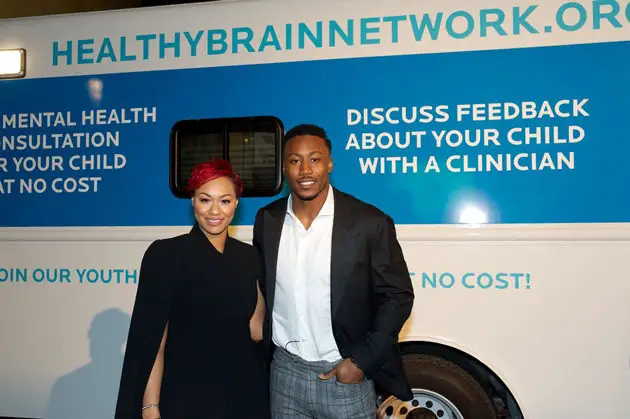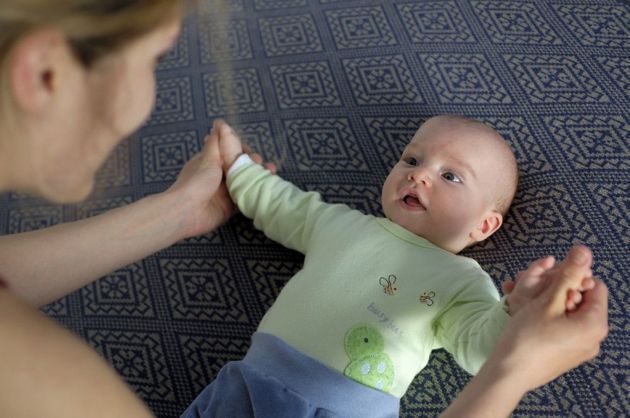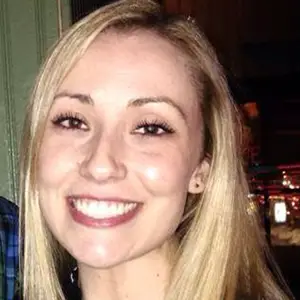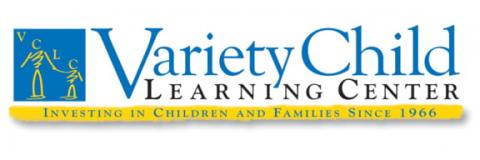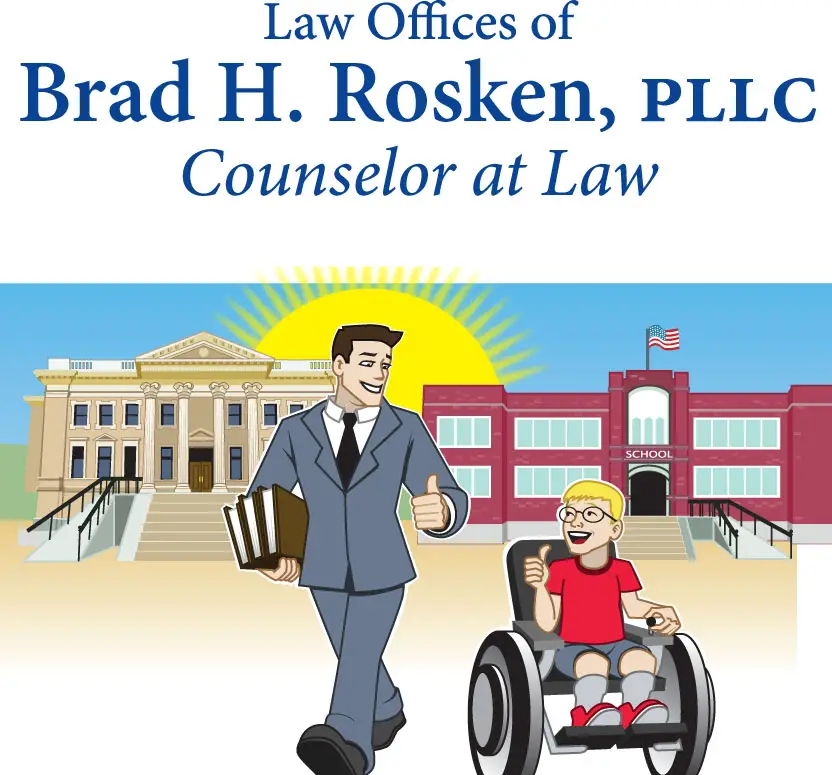Selective Mutism: Diagnosis, Treatment, and What It Means for Your Child
Get kid-friendly activities sent to you!
Get the Best Kid-Friendly Activities
Sent to You Weekly!
The amount and length of treatment needed depends on each individual. "We go with the pace of the child. We don't want to overwhelm them," Dr. Ortega says. Some kids open up all of a sudden, while others chip away at their anxiety.
Because SM is an anxiety disorder, there's a chance that kids might also be affected by similar disorders such as social phobia or a more generalized anxiety disorder, though every child is different. "It doesn’t mean they'll definitely have something else down the road, but it's a possibility," Dr. Ortega says.
Overall, selective mutism is very treatable, and the prognosis is better the earlier a child starts treatment. "A lot of these kids will return to within normal peer interaction after treatment," Dr. Ortega says. "The sooner you seek treatment, the sooner you can resolve the anxiety and help them be themselves in all situations." And if anxieties pop up down the road, kids can attend a "booster session" that offers a heavy dose of behavioral therapy packed into a day or a week. "It has proven to be extremely helpful, like getting a big boost of antibiotics," Dr. Ortega says.
Check out this video, in which Dr. Ortega speaks about the effectiveness of intensive treatment for children with SM:
Alternative Treatments
While medication is not usually necessary, Prozac or Zoloft is sometimes prescribed to older children who haven't shown much progress after behavioral therapy. "I'd say about 25 percent of our kids are on medication," Dr. Ortega says. "They can be extremely helpful. But it's only when we see they’re not progressing at a rate we would expect." Per the American Academy of Child and Adolescent Psychiatry, there are no specific medicines designated for SM, though SSRIs are the treatment of choice for childhood anxiety (and no one SSRI has proven to be consistently better for treating SM).
Get Support
Check out these links for more information about selective mutism:
American Academy of Child and Adolescent Psychiatry
American Psychiatric Association
American Psychological Association
Anxiety and Depression Association of America
Children's Center for OCD and Anxiety
Selective Mutism Group of the Childhood Anxiety Network
Columbia University Medical Center
Division of Child and Adolescent Psychiatry
Harkness Pavillion, 180 Ft. Washington Ave., Manhattan
212-305-6001
Provides information for parents and clinical services for children suffering from anxiety disorders
445 Park Ave., Manhattan
212-308-3118
Offers the Brave Buddies intensive group behavioral treatment program designed to help children ages 4-8 with selective mutism speak in school and other public places.
NYC campus: 1 Park Ave., 7th Floor, Manhattan
212-263-6622
Offers Camp Courage three-day intensive treatment summer program for children who have SM and have some experience with behavior therapy.
Give Support
How to contribute to research on selective mutism and lend a helping hand to the cause:
Learn More
Suggested reading on selective mutism:
The Anxiety Cure for Kids by Elizabeth DuPont Spencer, Robert L. DuPont, and Caroline M. DuPont (Wiley; $14.95)
Helping Your Child with Selective Mutism by Angela McHolm, Ph.D., Charles Cunningham, Ph.D., and Melanie Vanier (New Harbinger Publications; $15; selectivemutism.org)
Helping Your Socially Vulnerable Child: What to Do When Your Child Is Shy, Socially Anxious, Withdrawn, or Bullied by Andrew R. Eisen and Linda B. Engler (New Harbinger Publications; $15.95)

